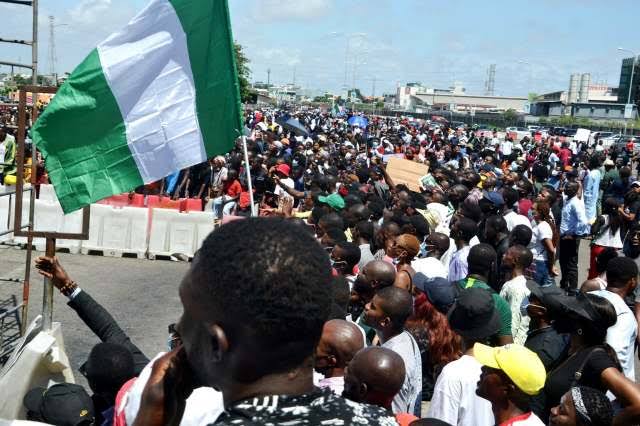By Moses Okorie
365Daily – Governor Babajide Sanwo-Olu of Lagos State has on Tuesday, November 30, 2021, released the white paper on #EndSARS Judicial Panel of Inquiry, which was submitted to him two weeks ago.
The white paper came out despite pressure from different quarters especially from the Federal Government, which has viewed the report as a direct indictment on the military over the alleged massacre at the Lekki Tollgate in the state on October 20, 2020 during a protest.
The governor had disclosure during a press briefing at the Government House in reaction to the leaked report by the Lagos State Judicial Panel on #EndSARS.
Sanwo-Olu said, “It is with a great sense of responsibility that I address you today on the reactions that have trailed the release of the Lagos EndSARS panel report submitted to me about two weeks ago and now it has played out in public discourse since then.
“We owe it to you, the people of Lagos to constantly speak and engage with you in easy times, we’ll never shy away from making our case while also ensuring that we listen to you.
“We as an administration are determined that the next steps that we’ll be taking in this process of coming to terms with the event of October 2020 must bring closure to a painful episode in the history of our state, with the release of the white paper later today.

“This in my view is a moment that beckons to us to define who and what we are, to be a centre of excellence, we must be a centre of truth, to be a prosperous city, we must establish ourselves as a peaceful entity and to achieve the greater Lagos of our dreams, we must learn to live in harmony.
Two Monday’s ago, the panel submitted the report to the Lagos State Government, in which it clearly found that the Nigerian Army and police fired live bullets at peaceful protesters at the Lekki Tollgate last year.
It also concluded that the “deliberate absence of officers of the Nigerian Army who were present at the Lekki Toll Gate and who were summoned by the Panel was a calculated attempt to conceal material evidence from the Panel”.
The panel was inaugurated to look into complaints of citizens against human rights abuses by the police.
The Panel sat for well over one year and took testimonies of petitioners, witnesses, experts and lawyers.